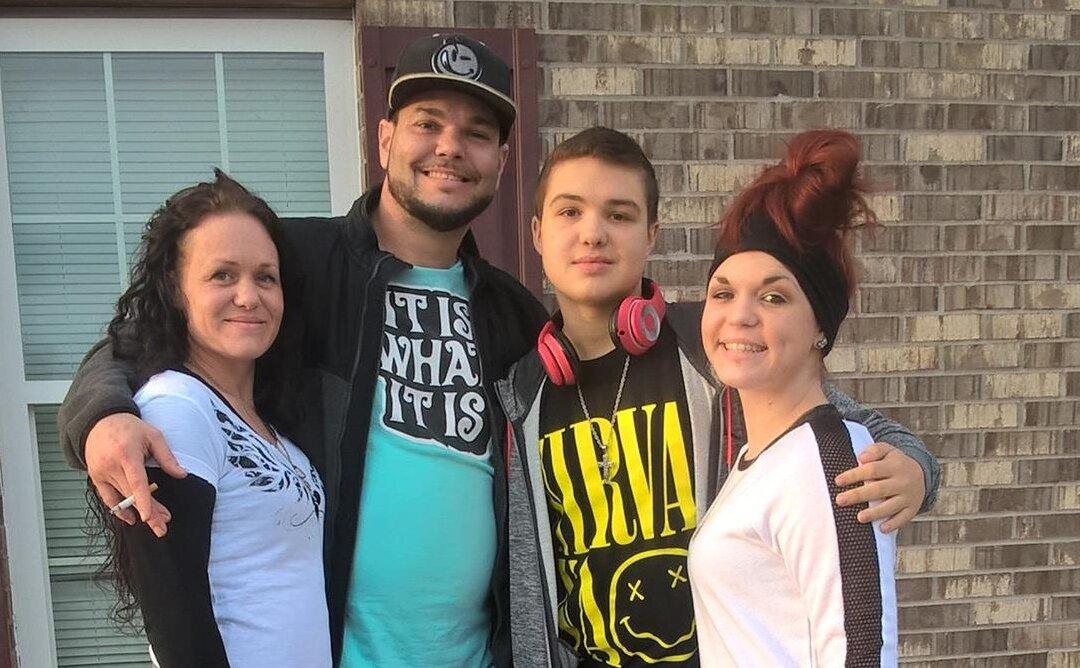A young man who recently aged out of foster care described years of ordeals and the pain of separation from his family. He says there was never a need for the government to take him in the first place.
His story underscores decades of pleas for reform of the child welfare system, which seems too often to remove children that likely would have fared better with their families.





